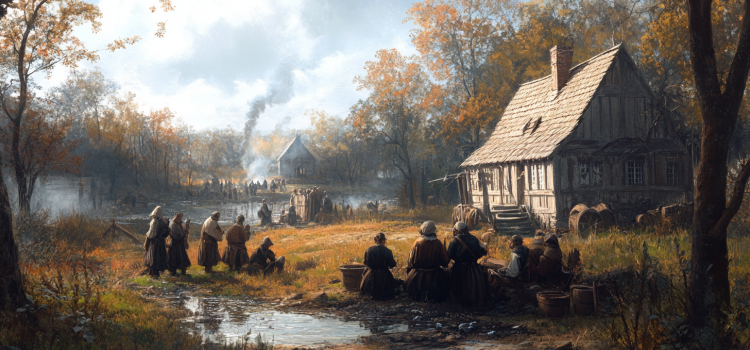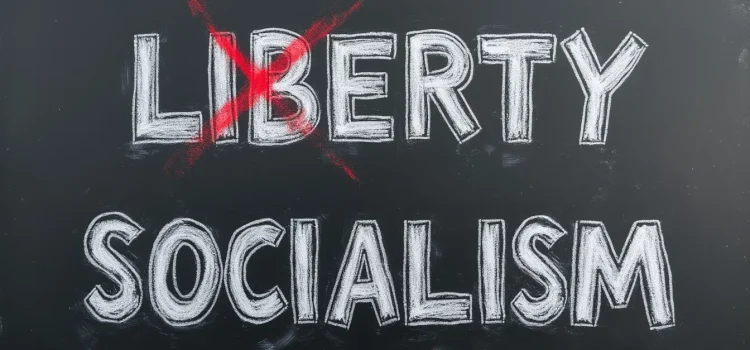What makes a literary figure’s work stand the test of time? How does an artist’s recognition evolve from their own era into the following centuries? In his book Shakespeare, Bill Bryson explores William Shakespeare’s legacy through fascinating historical details. He reveals how the legendary playwright’s recognition grew from moderate acclaim during his lifetime to his current status as one of history’s most influential writers. Continue reading to discover the remarkable journey of how Shakespeare’s plays and linguistic innovations permanently shaped literature, theater, and the English language.
William Shakespeare’s Legacy: A Slow Start, but a Lasting Impact










